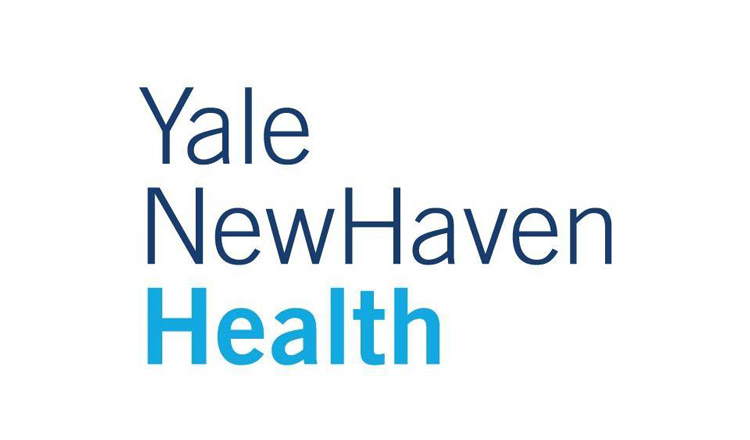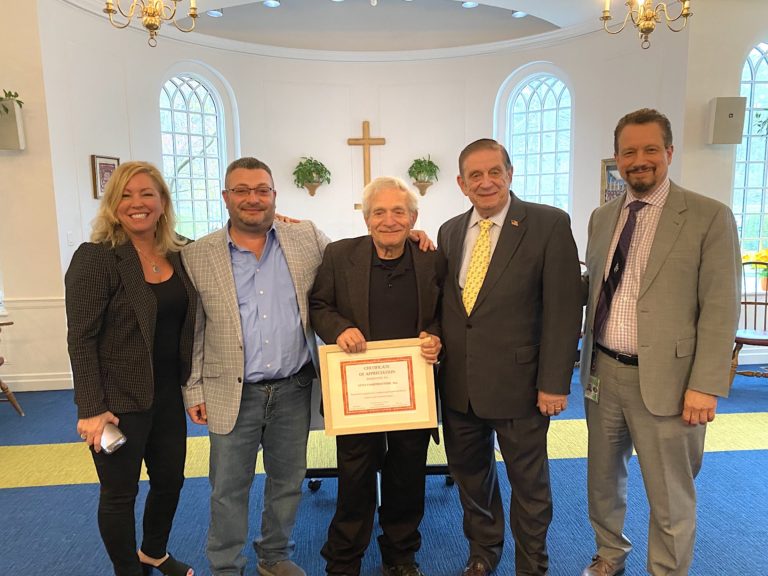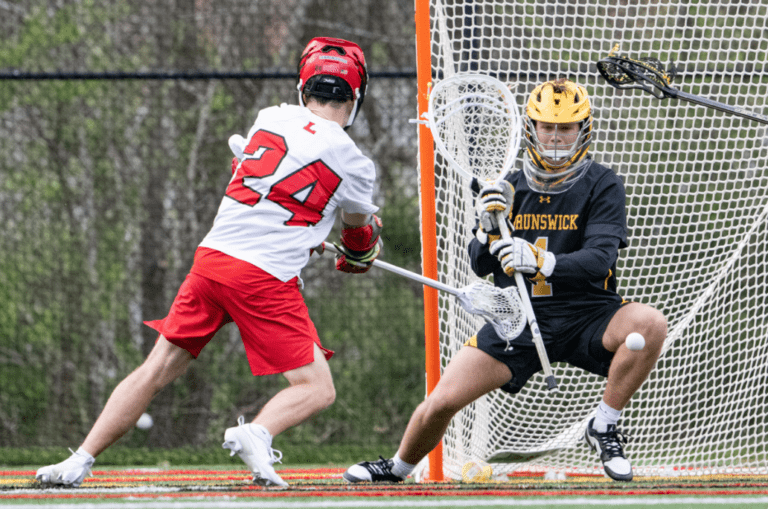
By Richard Kaufman
Sentinel Reporter
As COVID-19 cases surge across the country and in Connecticut, help is on the way.
Officials from Yale New Haven Health System gave an update on COVID-19 on Monday, and indicated that the system expects to receive vaccine doses as early as the end of this week, or early next week.
“We’re already in the process of beginning the scheduling for mass vaccination of our healthcare workers. We’re including all individuals within our health system, medical staffs and students, that come in contact with patients as part of their responsibilities,” said Dr. Tom Balcezak, EVP and Chief Clinical Officer for Yale New Haven Health.
Balcezak added that while they expect to receive the Pfizer vaccine because it should be approved perhaps later this week by the Food & Drug Administration, Yale New Haven Health is equipped to handle and store all vaccine brands — Moderna and AstraZeneca — at proper temperatures.
“We’ve estimated that we will be vaccinating in that first group that comes into contact with patients, upwards of 29,000 individuals. We need to do that over the next three to four weeks so we can begin the second round of vaccinations at the end of that three weeks,” Balcezak said, adding that the vaccine will not be mandatory for healthcare workers.
The Pfizer vaccine requires two doses — each 21 days apart. “It’s a big undertaking, but thankfully we have experience with mass vaccinations during every year when we have our flu vaccination program. This will be slightly different because the timeframe will be compressed, and will require two doses.”
Recent polls have shown that a growing number of Americans have said they will not take a vaccine, which is a problem considering that upwards of 75-80% of the population needs to be vaccinated in order to achieve herd immunity and virtually stop the virus in its tracks.
The Pfizer and Moderna vaccines were developed in record time, and they utilize a relatively new technology, called RNA.
RNA vaccines teach cells in the body how to make a certain protein, which triggers an immune response inside the body. That immune response produces antibodies, which is what prevents a person from getting infected from a virus.
Dr. Richard Martinello, medical director, Infection Prevention, at Yale New Haven Health, said RNA vaccines have been around for the better part of a decade.
Martinello referenced a recent study that came out that showed only about 10-15% of Americans had antibodies against COVID-19, and some of those antibodies are starting to disappear.
“Even if you get infected, you really don’t know at this point how long you may have a degree of immunity against COVID. But what we do know and has been very well studied, are these vaccines,” Martinello said. “These vaccines produce high levels of antibodies, and a high level of immunity. There needs to be additional research to find out how long that immunity lasts, but from what has been seen so far, oftentimes receiving one of these vaccines allows you to produce higher levels of antibodies compared with infections with the SARS-CoV-2 virus itself.”
Balcezak said there is going to have to be public education on the vaccines, so that more people get inoculated and the pandemic can finally grind to a halt.
“I’m going to be hopeful that as we start delivering the vaccine, and as we start being public — those of us who get it — I think there’s going to be increased acceptance that the vaccine is safe and effective,” he said. “This is the only way for us to get out of this trouble we’re in in this pandemic.”
After healthcare, frontline workers, and elderly people receive the first round of vaccines, the rest of the public should expect to get their shots in the spring and into the summer. But before then, Yale New Haven Health officials reiterated the need to wear masks and stay socially distant.
“We will need to be conscious about continuing to do our physical disancing and masking in the meantime while we get to that 80% number to get herd immunity,” Balcezak said.
Marna Borgstrom, CEO of Yale New Haven Health, said that as of Monday afternoon, there were 457 COVID-19 inpatients being treated across the system. Last Monday, there were 410.
Of that 457, 41 are in Greenwich Hospital.
“One of the things that characterizes all of our staff, is that they’re tired. They’ve been doing this since last March. When people were hunkered down at home last spring terrified of this virus, not going anywhere, schools were closed, businesses were closed, these were the people who got up everyday and every night and came to work and took care of our COVID patients and others who were critically ill,” Borgstrom said. “We got through that first wave, and the numbers really started to decline at the end of the summer and beginning of September, and now they’re climbing back up.”
Borgstrom said the health system has enough Personal Protective Equipment this time, but the staff needs relief.
“We either need more staff, or we need fewer patients to be coming in. Wear your masks, wash your hands, stay socially distanced, don’t spend time with people who are not in your immediate family or circle of people you’re with,” she said.
To view the entire COVID-19 briefing, go to the Yale New Haven Health Facebook page.




